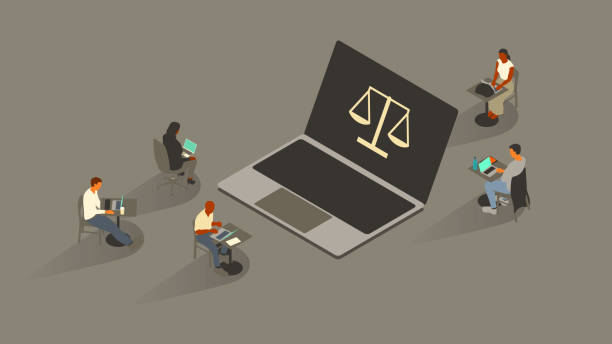You deserve clear rights and protections as a remote worker. In this digital age, employment laws can feel confusing. You might wonder how these laws apply to your situation. You’re not alone. Many remote workers face similar questions. Speaking with an employment law attorney New York can provide clarity. These professionals understand both state and federal laws. They can help you navigate new challenges. Unlike traditional office jobs, remote work comes with unique concerns. For example, questions about rights to overtime, health benefits, and job security often arise. Understanding these issues is crucial. Knowing your rights empowers you to work confidently and securely. Your well-being and career depend on it. As remote work becomes more common, having this knowledge is essential. You gain the tools to advocate for yourself. By staying informed, you protect your rights and ensure fair treatment. Remember, you have the power to make informed decisions.
Understanding Remote Work Rights
Remote work, while convenient, often leads to confusion about legal rights. You might ask if you’re entitled to overtime pay or health benefits. Federal laws like the Fair Labor Standards Act (FLSA) cover these areas. The FLSA mandates overtime pay for eligible workers. This applies to remote workers too. Your classification under the FLSA is important. Knowing if you’re exempt or non-exempt makes a difference. Non-exempt workers qualify for overtime, while exempt workers may not.
Benefits and Compensation
Health benefits for remote workers can differ. Employers sometimes view remote work as a perk and reduce benefits. Yet, laws protect you. The Family and Medical Leave Act (FMLA) and the Affordable Care Act (ACA) apply. These laws ensure access to health benefits, regardless of work location. You should check your benefits package carefully. Make sure it aligns with what your peers receive.
Workplace Safety and Ergonomics
Safety isn’t just for office workers. It extends to your home office too. The Occupational Safety and Health Administration (OSHA) provides guidelines for remote work. Your employer should inform you about these rules. Safe working conditions are a must. Ensure your home setup is ergonomic to prevent injuries.
Job Security and Remote Work
Remote work brings job security questions. You might fear being the first to lose your job in cutbacks. Legal protections exist to help. The Worker Adjustment and Retraining Notification (WARN) Act requires advance notice of layoffs. This gives you time to prepare and adjust. Understanding these laws helps secure your future. You can plan better and feel calmer about your job security.
Data Privacy and Protection
Remote work often involves sensitive data. Protecting this information is crucial. Laws like the General Data Protection Regulation (GDPR) and the California Consumer Privacy Act (CCPA) apply. These regulations ensure your personal and work data remain private. Your employer should provide adequate training on data protection. Understanding these laws safeguards your information against breaches.
Comparison of Remote and Office Work Rights
The table below highlights key differences and similarities between remote and traditional office work rights.
| Aspect | Remote Work | Office Work |
| Overtime Pay | Depends on Classification | Depends on Classification |
| Health Benefits | May Vary | Standardized |
| Workplace Safety | Home Office Guidelines | On-site Regulations |
| Job Security | WARN Act Protections | WARN Act Protections |
| Data Privacy | GDPR, CCPA Apply | GDPR, CCPA Apply |
Taking Action
Being informed is your best defense. Regularly review updates to employment laws. Reach out to legal experts like employment law attorneys in your state. They provide guidance tailored to your situation. Don’t hesitate to ask questions. Your rights matter. Knowing them ensures fair treatment. Protect yourself by staying educated. Empowerment comes from knowledge and action. Always advocate for your rights and seek support when needed.



